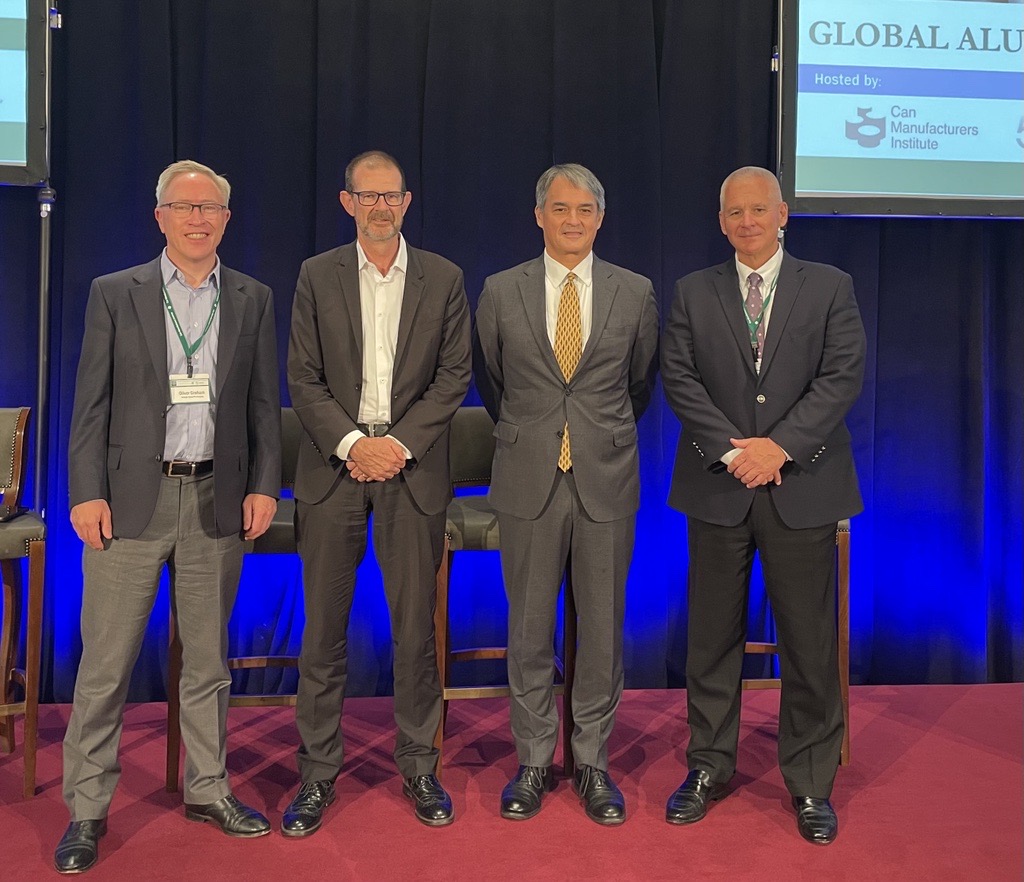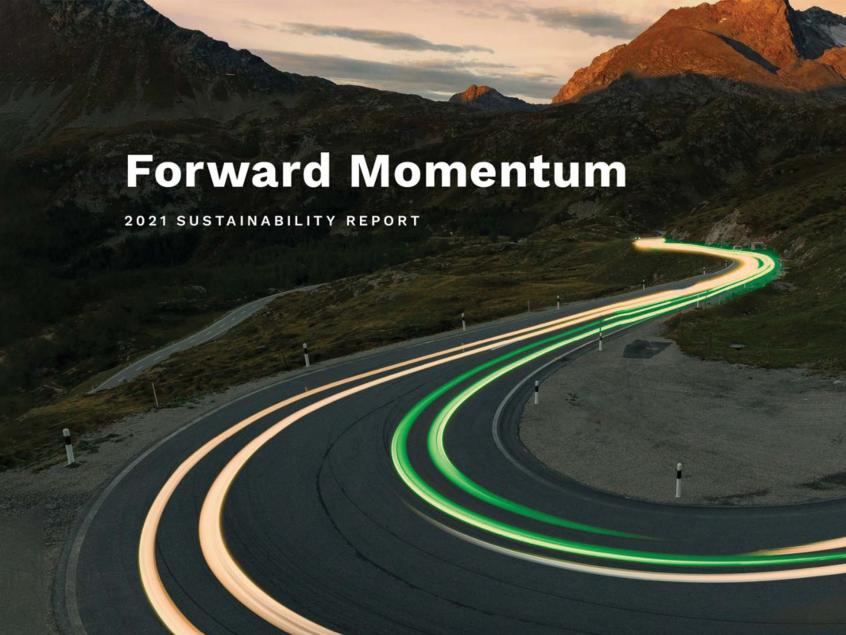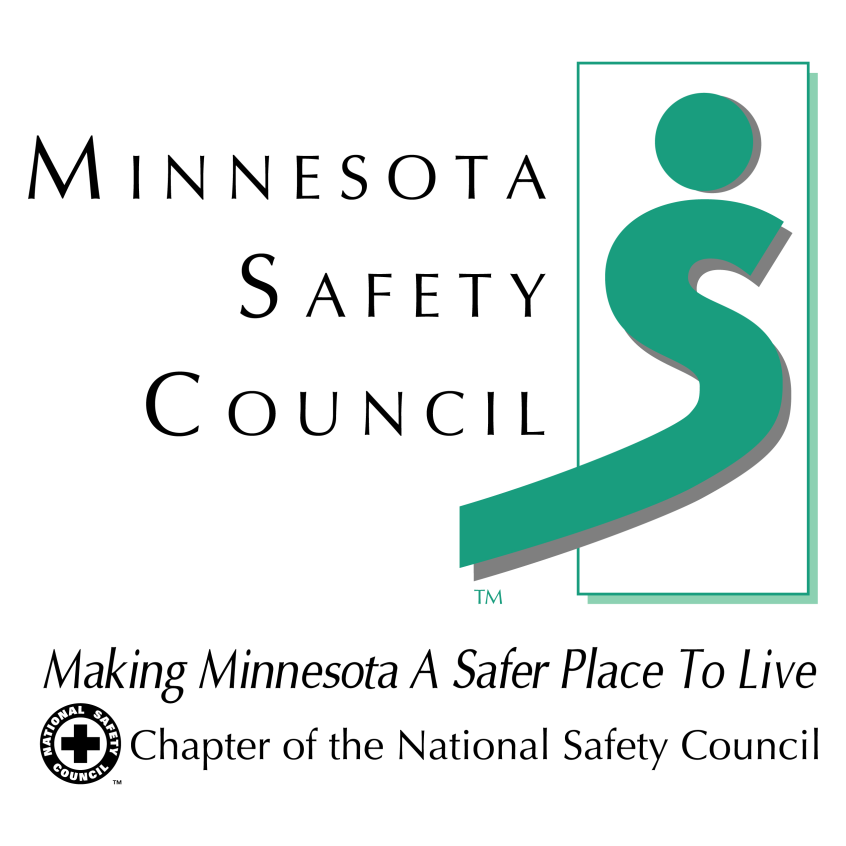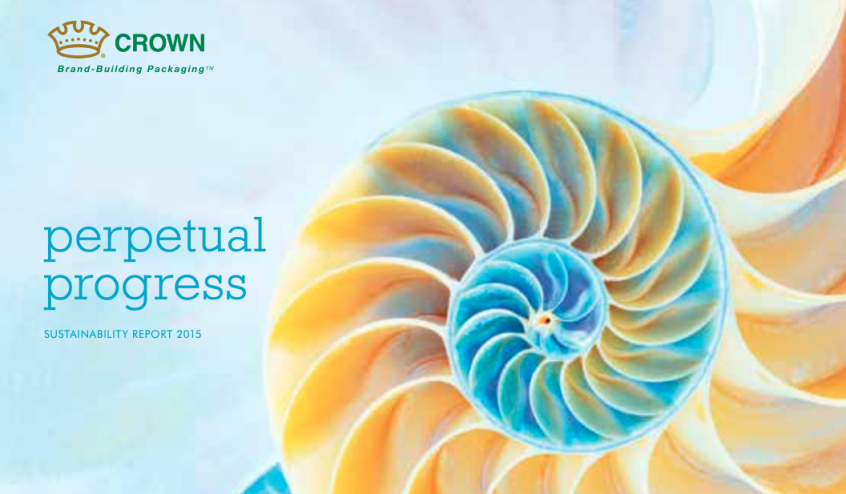Moving Forward Together on the Sustainability Journey: Key Takeaways from the Global Aluminium Can Sustainability Summit

In September, Crown teamed with Ardagh Metal Packaging, the Can Manufacturers Institute and the International Aluminium Institute to host the first Global Aluminium Can Sustainability Summit, which took place in Rome, Italy. The Summit brought together over 100 global attendees from various parts of the aluminum supply chain, such as primary material suppliers, can sheet suppliers, packaging manufacturers, beverage can and aluminum organizations, research organizations and beverage brands. Sessions and discussions were led by well-respected expert speakers, including senior leadership representatives from key stakeholders in the manufacturing and sustainability spaces. The Summit facilitated important discussions aimed at driving actionable progress toward the aluminum industry’s sustainability goals.
Reinforcing Metal Packaging’s Differentiators
Throughout the Summit, one thing was very clear – aluminum cans have a strong, differentiated presence in the market because of their infinite recyclability and consumers’ increasing preference for more sustainable packaging. The aluminum can is the most recycled beverage package in the world, and consumers recognize they can better manage their own carbon footprints by selecting metal packaging. As a result, they will likely continue to select cans over other packaging formats. Beverage brands across the industry will also continue to launch new products via the aluminum can to answer this consumer demand and also work toward their own sustainability goals—and with sustainability remaining an increasingly important factor across the board, it is clear the beverage can market will be in a healthy state for years to come.
Placing an Emphasis on Consumer Recycling
Aluminum’s inherent circularity was a key topic, but another focus of the Summit was the need to continue boosting recycling rates across the globe. Attendees agreed that consumer education surrounding the life cycle of materials must increase so that people understand their impact on recycling stream success and material preservation. Beyond education, the Summit stressed that companies can also incentivize consumers to recycle by making bins and collection sites more accessible. In fact, Crown has specifically committed to increasing global recycling rates.
Advocating for Clearer Recycled Content Standards
In addition to consumer recycling, beverage brands, rating organizations and research groups called for stronger recycled content progress via clearer industry standards. Stakeholders at the event agreed that deciding what constitutes recycled content, and how to measure recycled content levels, are imperative steps to create an even playing field for manufacturers and brands. It’s also important for consumers to see and understand this information so they can trust beverage brands’ sustainability claims. During the Summit, canmakers and their suppliers advocated for certain byproducts of the manufacturing process to be considered recycled content, as they are reinserted into the production cycle for re-use. Continuing these discussions will increase accountability across the value chain.
What’s Next
While each part of the Summit was an important step forward, the most crucial element is what happens next. Industry stakeholders need to take ownership of their sustainability goals and show commitment to enacting practices discussed at the event. For example, Crown’s new 2021 Sustainability Report details progress toward our Twentyby30 program, dedicated to the pillars of Climate Action, Optimum Circularity, Working Together and Never Compromise and our website continues to document new action around these targets.
In addition to internal goals such, members of the aluminum supply chain have the responsibility to communicate with policymakers to provide expertise and drive efforts to improve recycling and overall industry sustainability. Thanks to this first annual Summit, and with more on the horizon, participants now have more opportunities to engage with one another, continue dialogue surrounding the topics from the summit. With this proactive, collaborative approach, we can hold each other accountable to global sustainability standards and keep striving to raise the bar higher.
Questions for Crown?



